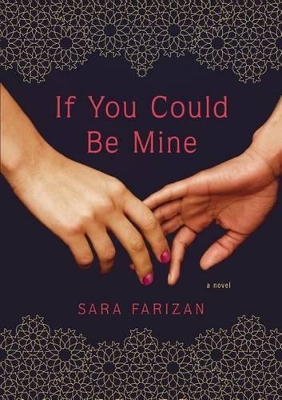Reviewed by Heather on
The only homosexuals that Sahar has ever met are the friends of her cousin Ali. She doesn't consider herself to be anything like Ali, who is always working on his next illegal scheme. But when Ali introduces her to his transsexual friend Pavreen, Sahar gets an idea.
In Iran homosexuality is punishable by death. However, transsexuals are considered to have a disease and the government pays for sex reassignment surgery. If Sahar transitions she will be able to marry her girlfriend and live openly. Unfortunately, her girlfriend may not be strong enough to defy convention no matter what Sahar is willing to do.
This is an eye opening look at many aspects of the LGBT community in Iran. Same sex couples are allowed to hold hands in the streets because that is considered normal for friends. Support groups for transsexual people contain people who are happy to be transitioning and those forced to transition by families who feel it is better than having a gay child. Police are paid to protect parties where gay people meet openly instead of turning them in. But get caught and the punishments are swift and severe.
Sahar is blinded by her love for her girlfriend and can't see her faults. She is trying to make rash decisions without considering all the implications. This is typical teenage behavior but it can be frustrating to read because she is making huge decisions without thinking it through.
I was satisfied with the ending. I think it is realistic for the situation.This review was originally posted on Based On A True Story
Reading updates
- Started reading
- 2 September, 2015: Finished reading
- 2 September, 2015: Reviewed
